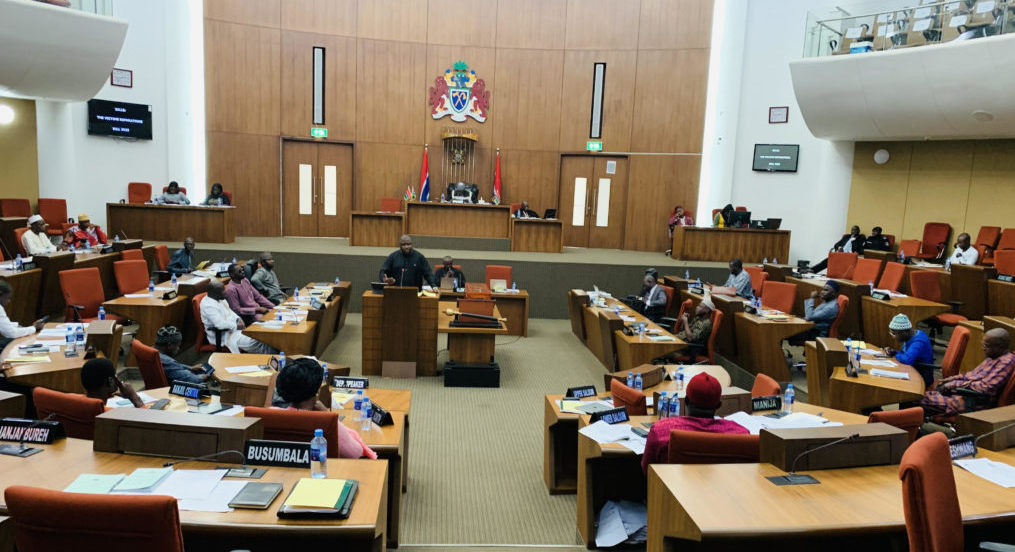The Gambia’s National Assembly unanimously enacted the Anti-Corruption Bill on Thursday. This landmark legislation sets the door for a more powerful legal framework in the country to tackle corruption and economic crimes.
The Gambia Anti-Corruption Commission Act of 2012 is therefore repealed. The new provision of the law creates a new commission with the authority to look into and bring charges against corrupt officials. It lays out the numerous corruption-related offenses, their definitions, prohibitions, and appropriate penalties.
The economy and institutions of Gambia suffered greatly as a result of years of corruption and poor management, which also seriously undermined the country’s administrative framework. According to BTI 2020, corruption eliminated incentives for private enterprise, development, and investment. As a result, the nation’s population was becoming more and more disenchanted, and living conditions were declining.
Adama Barrow’s presidency in Gambia has seen progress in democracy, civil society, free media, and citizen participation. However, corruption remains a serious issue, with a growing perception of corruption among public officials. Strong government measures are crucial for a democratic system.
Additionally, a significant portion of Gambians stated in various studies that they had to pay bribes in order to receive public services, and only half thought they could denounce corruption to the authorities without worrying about facing reprisals. Nepotism is rampant, and the opaque nature of government operations has further eroded public officials’ credibility.
The newly passed anti-corruption bill places an emphasis on prevention through efforts to raise awareness and educate the public, in addition to elements of repression and dissuasion. It also has systems in place to protect whistleblowers and recover assets, protecting individuals who come forward with important information. Furthermore, the bill aims to promote transparency and accountability within institutions to ensure that corrupt practices are rooted out effectively.
Prior to its adoption yesterday, the law was initially introduced on March 20, 2023, and then again on March 27, 2023, with the intention of allowing parliamentarians to participate in a second reading.The Animal Health Bill, another important piece of legislation addressing issues in the agriculture industry, was also adopted by the National Assembly.










